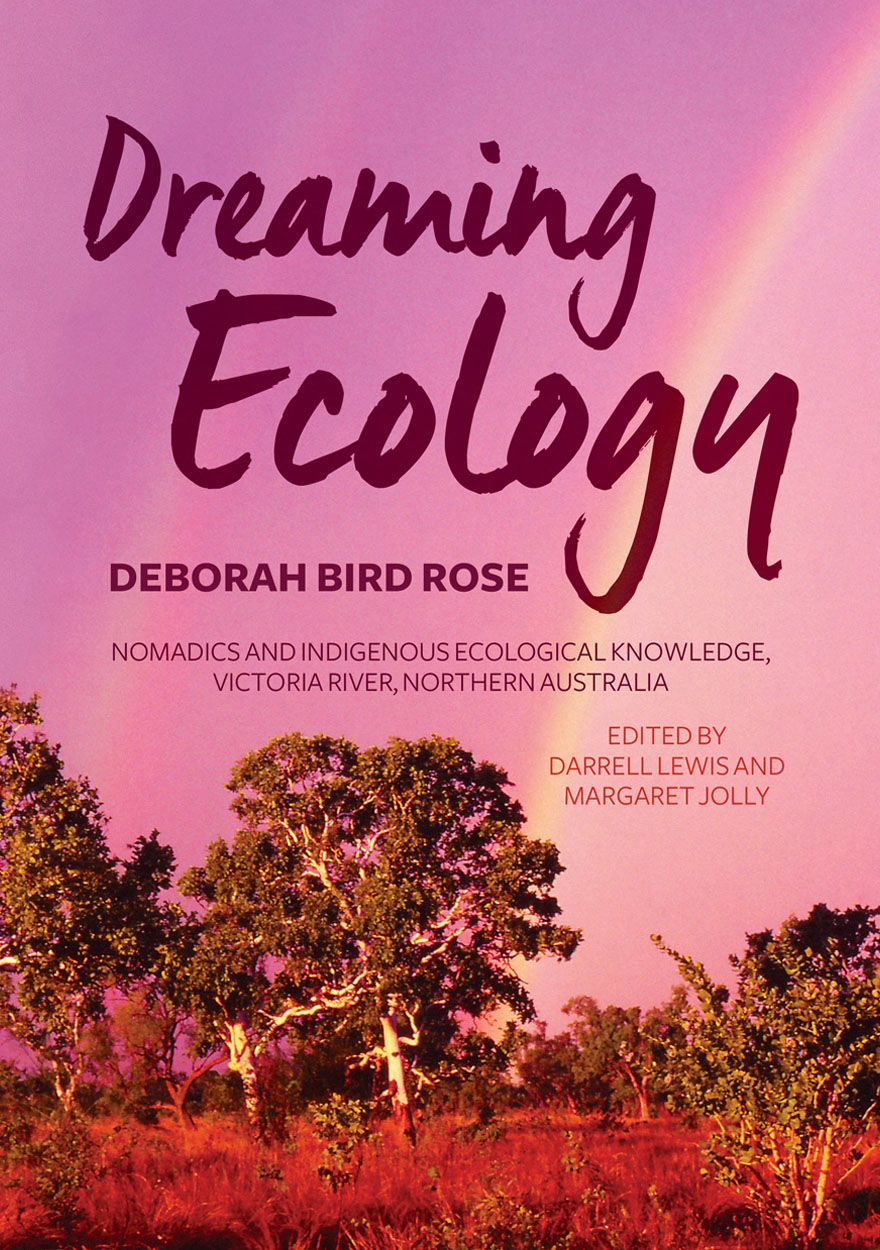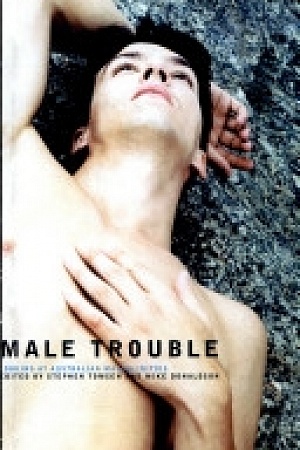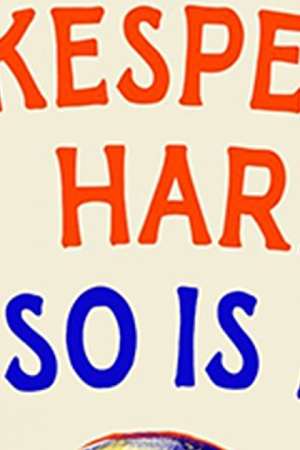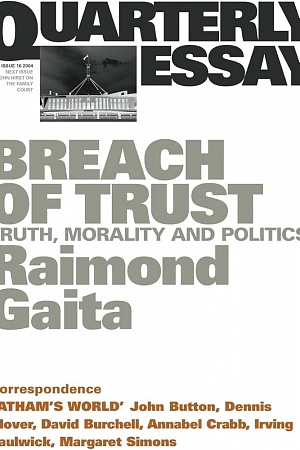Dreaming Ecology: Nomadics and Indigenous ecological knowledge, Victoria River, Northern Australia
ANU Press, $59.99 pb, 337 pp
Chains of connection
Dreaming Ecology is the posthumous third volume in a trilogy that also comprises Deborah Bird Rose’s earlier anthropological study Dingo Makes Us Human (1992) and Hidden Histories (1991), an account of the recent his-tory of Aboriginal people in the Victoria River District (VRD) region in the north-western corner of the Northern Territory. As an anthropological neophyte, I came across her briefly in 1994 during the Palm Valley Land Claim in Central Australia, in her role as anthropologist assisting the Northern Territory Aboriginal Land Commissioner. Although by the time of her death in 2018 she had worked on nearly twenty Aboriginal land claims, her own anthropological research diverged from Australian anthropology’s preoccupation for nearly fifty years with Indigenous land tenure systems dictated by the land claim and native title claim process.
Dreaming Ecology follows another trend, initiated by W.E.H. Stanner, exploring traditional Aboriginal people’s intimate economic, cultural, and spiritual connections (and even kinship relationships) with the natural world and its plant and animal species. Her important insights into Indigenous life worlds are based on a lifetime of engagement with senior Aboriginal authorities from the VRD district, especially the Yarralin community. Many of her Aboriginal ‘teachers’ (she eschews the anthropological convention that objectifies them as ‘informants’) walked the surrounding country from the early years of the twentieth century, sustaining themselves through a detailed knowledge of local plant species and animal behaviour. As Rose’s collaborator Daly Pulkara remarks in a characteristically pithy Aboriginal Kriol exposition of Dreaming Ecology’s key ideas: ‘And some kartiya [whitefella] might [be] walking there [and] he reckon “no tucker”. And he’s walking on top of the tucker now!’
Continue reading for only $10 per month. Subscribe and gain full access to Australian Book Review. Already a subscriber? Sign in. If you need assistance, feel free to contact us.












Comment (1)
Leave a comment
If you are an ABR subscriber, you will need to sign in to post a comment.
If you have forgotten your sign in details, or if you receive an error message when trying to submit your comment, please email your comment (and the name of the article to which it relates) to ABR Comments. We will review your comment and, subject to approval, we will post it under your name.
Please note that all comments must be approved by ABR and comply with our Terms & Conditions.